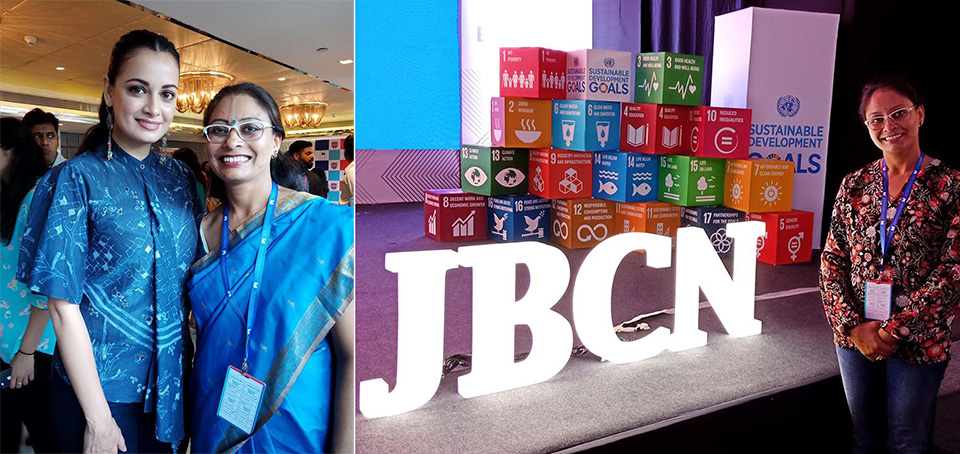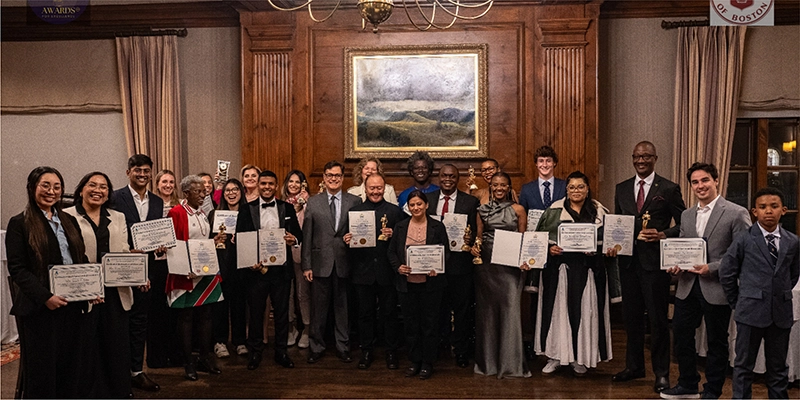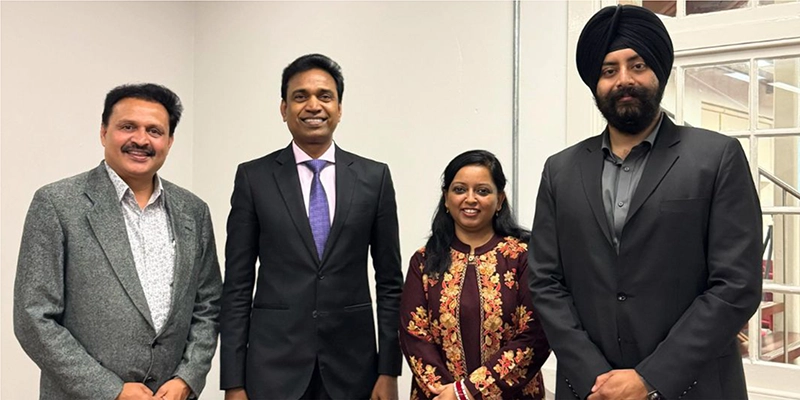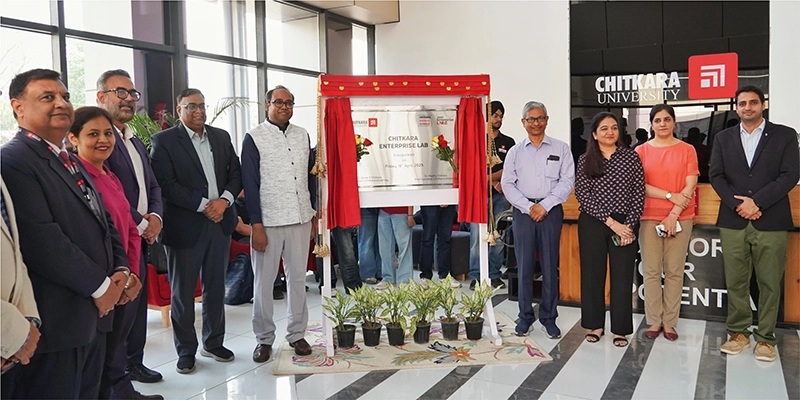Dr. Parul Sood, Assistant Professor, Chitkara College of Education attended NLE Conference 2018
Mindfulness in Education is repeating exemplary results all across the globe. Studies have shown that Mindfulness practice gives children the opportunity to settle and calm themselves and develop focus. It builds resilience by helping children manage difficult thoughts and emotions.
Children often face toxic stress and because the roots of toxic stress lie deep in the nervous system, the need of the hour are tools that go beyond the conceptual mind. When it goes beyond this, habitual responses are transformed. For this, it is vital to regularly practice our skills.
To counter toxic stress, which emanates from daily chores, mindfulness, a moment-by-moment awareness of our thoughts, emotions, sensations and surrounding environment, is the key.
To gain further insight into the concept and develop a plan to integrate it in the curriculum of Teacher Education, Dr. Parul Sood, Assistant Professor, Chitkara College of Education, attended NLE (Nation of Learning Excellence) Conference 2018 focusing on Mindfulness in Education. The conference hosted sessions by notable and learned speakers like Ms. Dia Mirza (Actor, Producer and Environmentalist), Mr. Rakesh Jhunjhunwala (Founding Partner, Rare enterprises), Mr. Ashish Dhawan (Founder and Chairman, Central Square Foundation), Mrs. Zarina Screwvala (Founder and Managing Trustee, Swades Foundation) Ms. Soniya Lalla (Early Childhood Education Expert, Teacher Trainer), Ms. Nandita Jhaveri (Early Childhood Education Expert, Teacher Trainer), Mr. Dilip Jayaram (Associate Vice President, Dale Carnegie Training, India), Dr. Coomi Vevaina (Founder Director, Centre for Connection Education and Management), Ms. Maya Menon (Founder Director, The Teacher Foundation) and amongst a host of other influential speakers
The speakers stated that Mindfulness-Based Interventions (MBIs) are backed by 35 years of research and development supporting them. All this while a lot has happened with MBIs and they have moved through three large institutional cultures: health care, mental health, and education.
There are several steps to this but the first and the foremost round of formalized mindfulness in education interventions aims to train teachers in self-care, flexibility and wellness and training students in mindfulness techniques. The speakers added that the benefits are many like attention, compassion, emotional regulation, calming, adaptability and resilience.
The event was fruitful for our professor as she learnt a great deal on how to transform education into a benefit-yielding tool.














